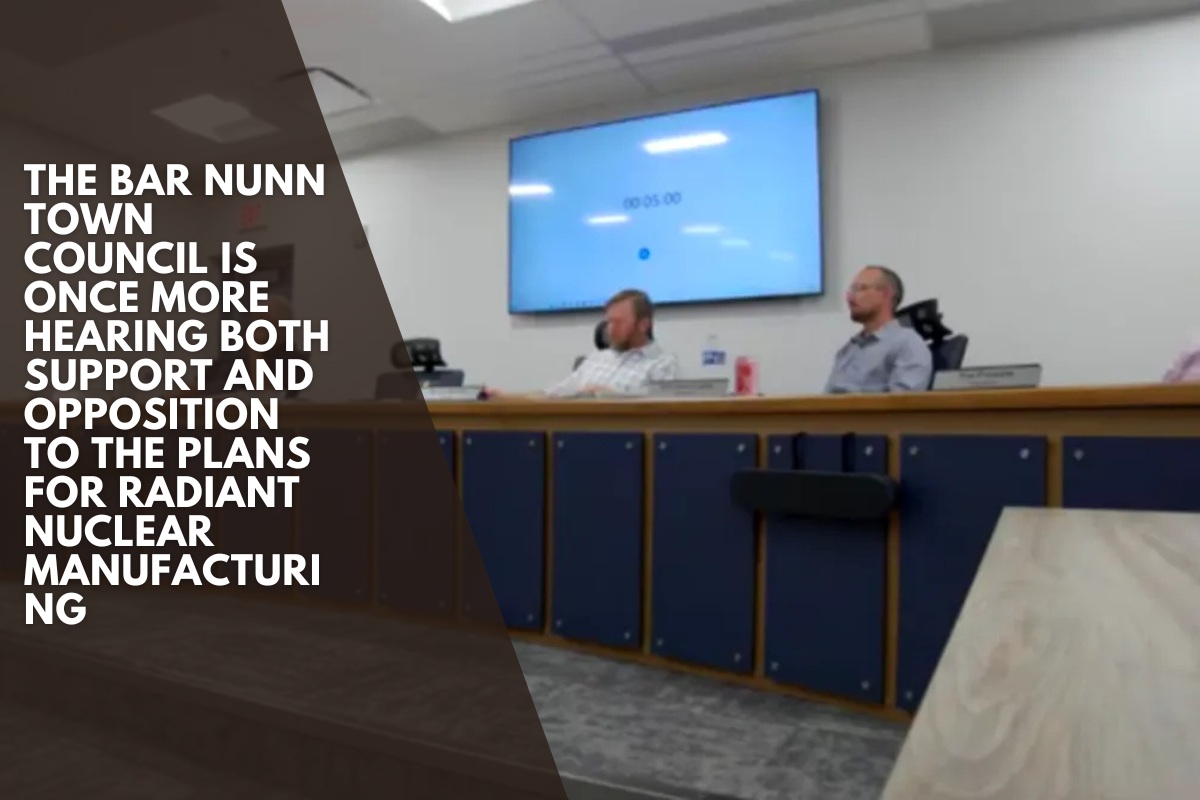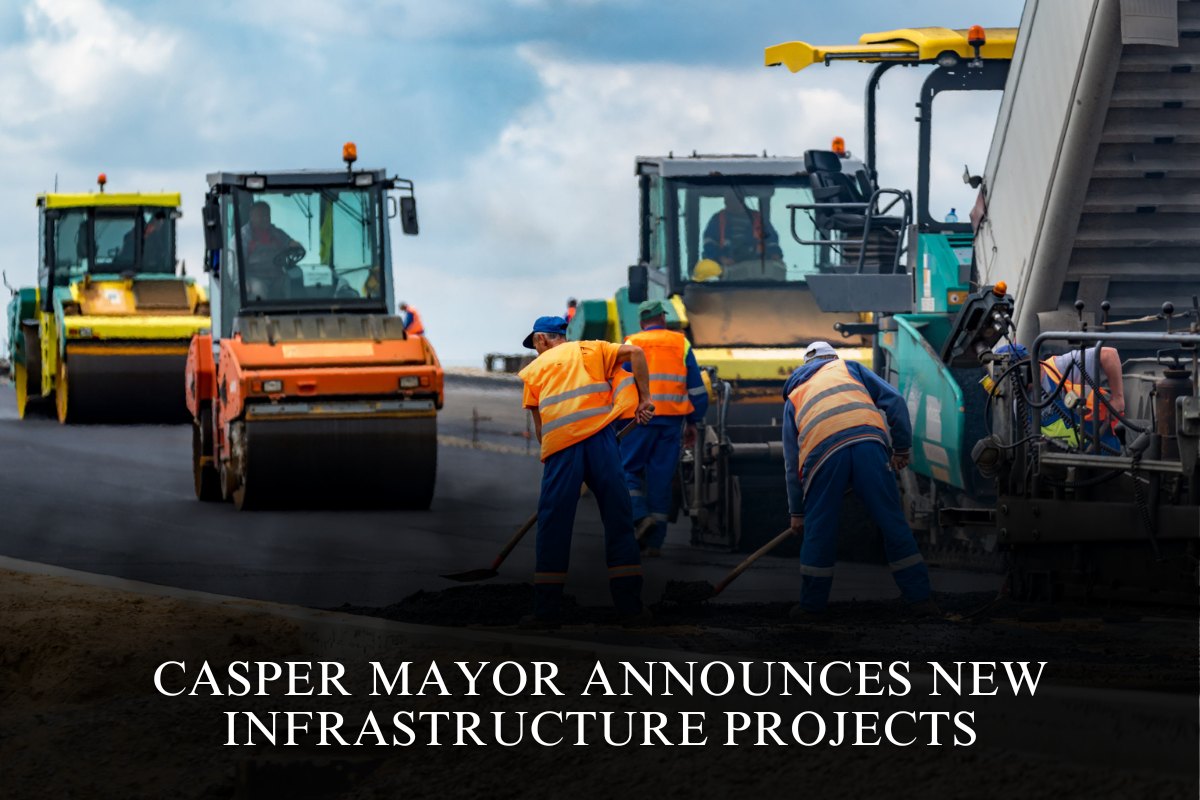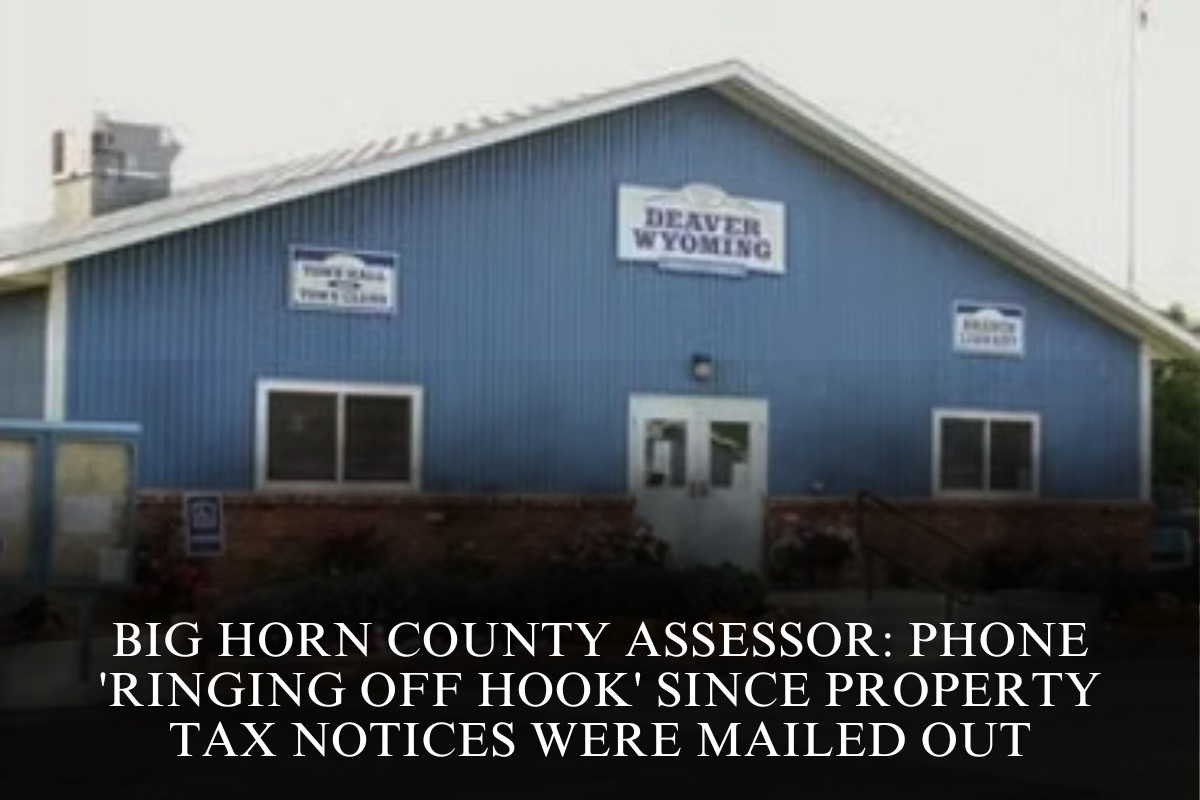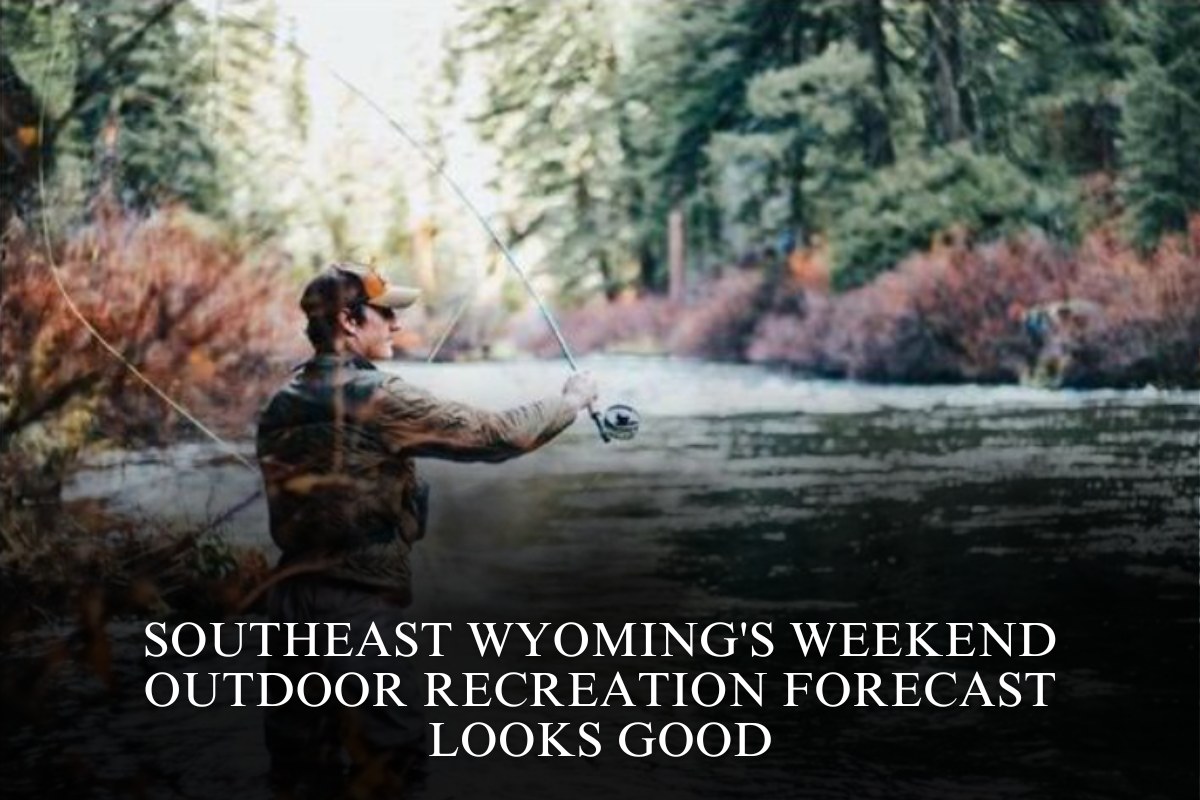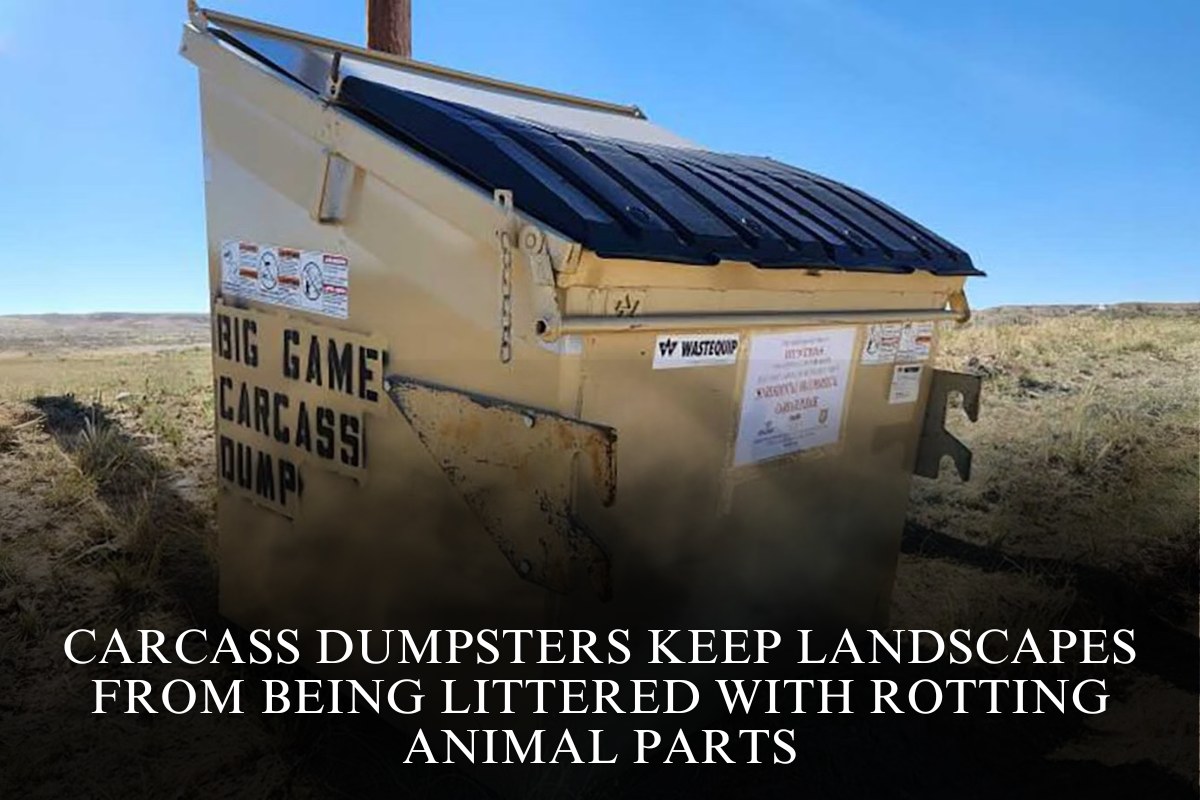BAR NUNN, Wyo. — A proposal for a nuclear manufacturing facility nearby is dividing the small town of Bar Nunn, with plans to temporarily store spent fuel on-site.
For more than an hour Tuesday, residents expressed concerns about transparency and safety risks, while others emphasized the potential for economic growth and the opportunity to position Wyoming at the forefront of a new industry.
Radiant Industries, based in California, plans to build a factory in Natrona County to manufacture its portable nuclear microreactors, known as Kaleidos.
The small, self-contained fission reactors would use helium as a coolant and TRISO fuel, which is extremely resistant to melting.
The factory would oversee the reactors’ entire lifecycle, from assembly and fueling to on-site testing and storage of used fuel cores in dry casks.
According to the company, the project will generate high-paying jobs and contribute to Wyoming’s economic diversification. Radiant also has partnerships with the US Department of Energy, the US Air Force, and Uranium Energy Corp., which are expected to help the company establish Wyoming as a hub for advanced nuclear technology.
Despite the project’s potential, it faces a legal challenge. Wyoming law prohibits the storage of high-level radioactive waste unless it is generated by a nuclear power plant located in the state.
That means Radiant must persuade the state legislature to amend the law to permit the temporary storage of spent fuel cores from its manufacturing process.
Some local residents are also opposed to the project, citing concerns about the facility’s proximity to their homes, potential financial risks, and the company’s perceived lack of transparency.
Opposition focuses on safety, financial concerns
Rob Kwasnicki, a resident who opposes the project, argued that spent nuclear fuel “presents an unacceptable risk to the health, safety and welfare of residents and is not a permitted use” for certain industrial zoning districts.
As a town council member, you are elected to represent the town of Bar Nunn, not Casper, Natrona County, the state legislature, or any landowners or business interests,” he explained.
Jason Foley, a journeyman electrician with experience at Idaho National Laboratory, expressed his opposition to the facility’s location two miles from his home. He described Wyoming as “a last bastion of state’s rights” and expressed his opposition to the state ceding power to federal agencies that oversee the industry.
“If you don’t believe that there is health and safety risks of dealing with nuclear radioactive material … it’s ignorant and it’s naïve,” said the politician.
Mitchell Groskopf expressed concern about the project’s financial implications. He contended that the tax rules and trade zones associated with the project could leave Bar Nunn with costs but little revenue, particularly if the reactors are sold out of state. However, Radiant COO Tori Shivanandan has previously stated that the company will pay the same taxes as any other business in the region.
Other residents pressed the council over a perceived lack of transparency. Rozmaring Czaban questioned whether the town had a legally binding contract with Radiant after the council stated that denying the company water and sewer hookups could result in litigation.
Several councilmembers claimed there was no contract. Czaban also cited May 6 meeting minutes, which indicated that councilmembers were willing to support a state grant for the company, despite later minutes revealing the council’s opposition.
Czaban argued that Mayor Peter Boyer, Councilor Dan Sabrosky, and Councilor Tyler Martin’s belief that Radiant’s proposal would benefit Bar Nunn creates a conflict of interest in their ability to make decisions about site annexation and zoning.
The council also heard dissatisfaction with the idea of rezoning Radiant’s proposed site in favor of the company, which appeared to refer to a 6 p.m. Tuesday workshop where councilors discussed zoning with the Zoning and Planning Commission. The recording of Tuesday’s Town Council meeting did not include that discussion.
During the council’s Aug. 5 meeting, Boyer responded to requests to annex Radiant’s proposed site and zone it so the company could not build there, stating that the town’s legal authority is limited because the site is outside city limits.
Boyer explained that a 2019 state law prohibits the council from voting on developments outside the town limits, even if they are within the designated growth boundary. The council’s only role in such matters is to provide an opinion to the county, which will make the final decision, he explained.
Supporters champion economic opportunity
On the other hand, supporters of the project emphasized the potential for economic and technological advancement.
Matt Keating, a Casper resident, expressed his excitement for Radiant’s arrival in Natrona County, believing it will attract other businesses that will help feed already incoming power-hungry companies such as data centers and AI operators, allowing them to “keep the advantage that we need.”
“I really believe that you’re here at a pivotal moment because you guys are very much going to help influence the future of Bar Nunn,” according to him.
Amy Womack, thanking those who spoke about Radiant’s plans, stated that she believed the discussions were conducted with integrity and honesty.
She stated that the company plans to “put not only Wyoming, but America first in the world in this technology.” She dismissed nuclear energy fears as “old” and urged the council to “stay steadfast in this resolution that we need to move forward.”
William Wallace emphasized the need to keep young talent in Wyoming. He contended that Radiant’s presence would generate “the kind of high-skilled, forward-looking work that makes our young people think twice about leaving.”
He also addressed concerns about spent fuel, describing dry cask storage as “the most boring part of nuclear energy” and emphasizing the technology’s safety redundancy.
He rejected the notion that an outside company should not be allowed to bring investment to the state. He stated that Wyoming’s economy already relies on outside companies such as ExxonMobil, Conoco Phillips, and Walmart, the state’s largest private employer.
“The Union Pacific Railroad has operated in this area for generations. Halliburton, McDonald’s, and Ford are not from here, but they employ our people, pay taxes here, and are a part of our daily lives,” Wallace explained. “So, if outside companies are already part of our economy, what is the problem with Radiant?”
